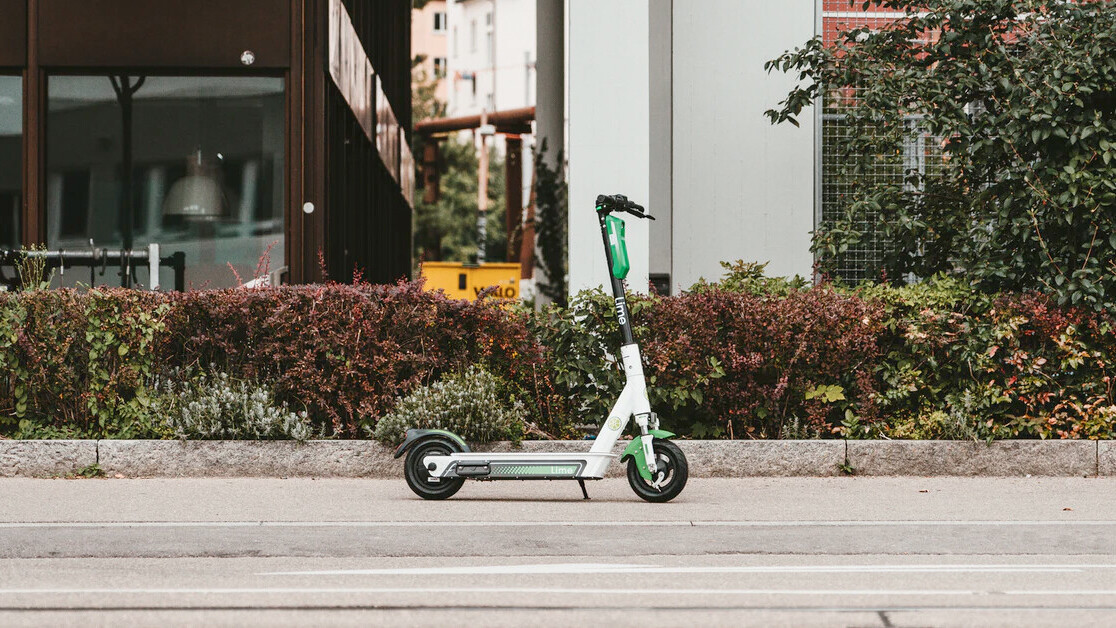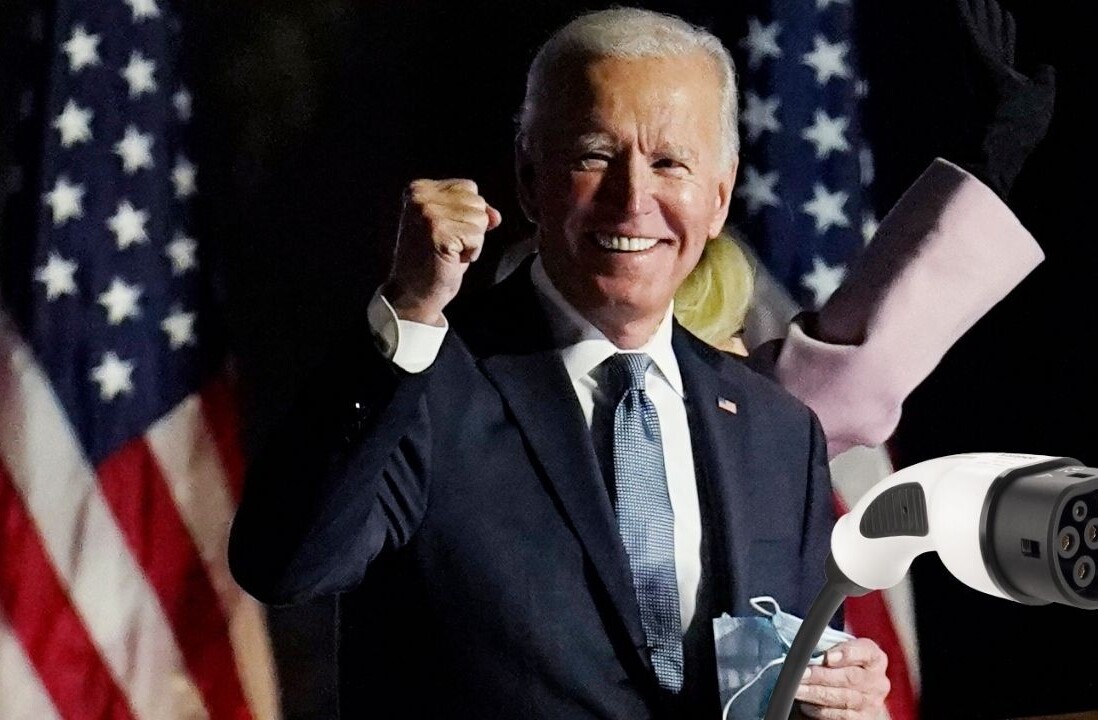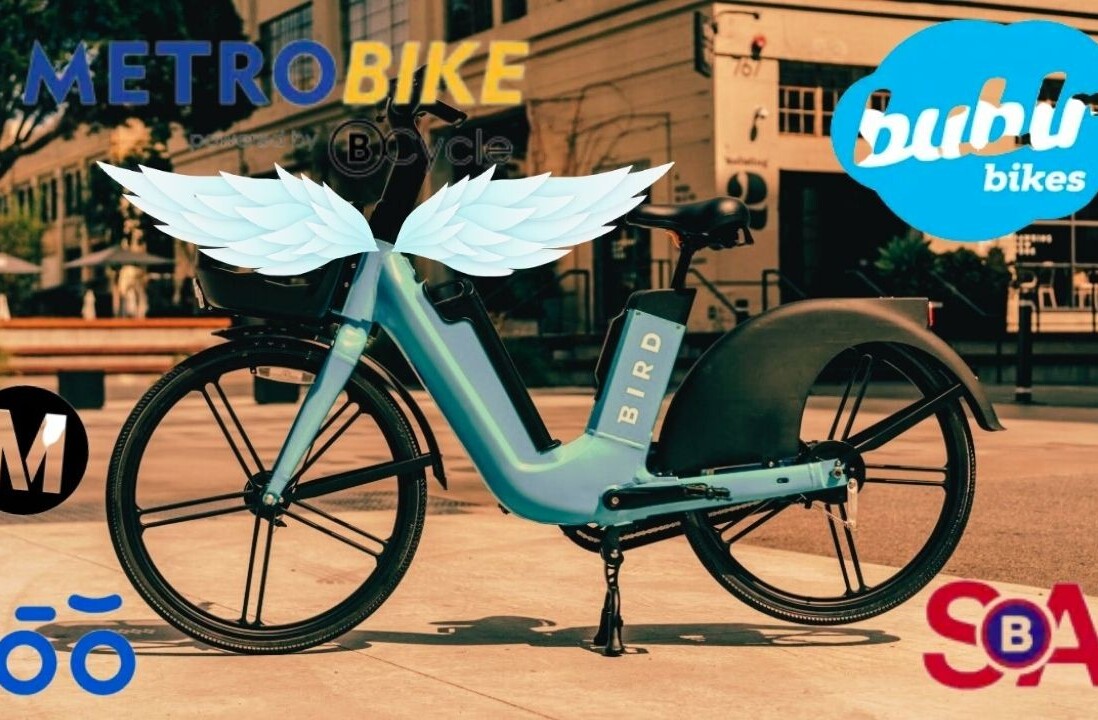Winning what some called the “world’s biggest e-scooter tender,” the electric scooter players Lime, Dott, and Tier were selected on July 23, 2020 as the three operators authorized to remain in the city of Paris for the next two years. In a metropolis that became quintessential of the ‘trottinette takeover,’ — at one point flooded by more than 20,000 e-scooters from over a dozen companies — this highly competitive Request For Proposal (RFP) represents the growing trend of cities adopting stricter regulations to more firmly control the implementation of free-floating and micromobility solutions on their streets.
The winning operators were ultimately selected according to three key criteria: environmental responsibility, user safety, and operations management, maintenance, and charging. As other European cities follow suit with RFPs that are judging respondents on very similar measures, here is a look at the importance of each criterion as well as a first-hand account from Lime, Dott, and Tier on why their bids stood out from those of the competition.

Environmental responsibility
With a 40% weight in the decision, operators’ measures to implement sustainable and environmentally responsible business practices was the most important factor in the Paris tender’s final selection. While, according to Bloomberg New Energy Finance, emissions from electric scooters can be up to 20 times lower than those of an electric car and several hundred times lower than those of an internal combustion engine (ICE) car, emissions associated with scooter manufacturing and lifetimes, charging, and collection/redistribution can significantly alter the overall reduction in emissions that electric scooters can offer. “Like any object produced, the scooter has an ecological cost. This new industry has to continually strive for improvements, and this is why we work every day to reduce the carbon footprint of our machines and our business” says Nicolas Gorse, General Manager of Dott France.
[Read: The UK really wants escooters — but needs lots of rules because people are reckless]
For the winners of the Paris tender, each expressed that environmental responsibility was fundamental to their mission and success. Out of these three operators, all have implemented 100% electric fleets for operations and maintenance, swappable batteries for all new scooter models, and various programs such as Tier’s MyTier, Dott’s commitment to reusing or recycling all possible parts, or Lime’s participation in the CarbonNeutral Protocol. For Garance Lefevre, Director of Public Policy France & Benelux for Lime, “Sustainability cannot just be used as a marketing tool to win RFPs. It must be why an operator is in business and core to their vision.” The next big step should be for all operators to supply 100% of their operations with renewable energy.
User safety
According to a study conducted by the University of California – San Francisco, researchers found that the number of scooter-related injuries and hospitalizations had increased by over 200% in the United States between the years 2014 – 2018. While the International Transport Forum concluded that e-scooters were no more dangerous than cycles (and in fact a trip by a car or motorcycle in a dense urban setting was more likely to result in a fatality), there were recommendations to implement stronger regulations at the city, manufacturing, and operating levels. For the three winning Paris operators, riders’ physical safety must be managed on two levels: scooter hardware and public education. Following safety-by-design principles, specifications like suspension systems, wider decks that optimize gravity, and, in Tier’s case, even the new provision of a helmet box, these stand out as important factors that help to prioritize user safety on the vehicle itself.
In addition, each operator has taken initiatives to educate their riders on safe riding behavior and practices, whether through their online app, establishing a safety advisory board, or regular onsite demos and training. In terms of what cities are looking for, “The criteria are sometimes different from one city to another, but for us, sustainability and safety are the most important criteria” says Gorse. Additional criteria regarding user safety included data protection and insurance, of which each operator has implemented measures for both.
Operations management, maintenance, and charging
Finally, when looking at operations management, maintenance, and charging of their fleets, a strong focus was placed on the equitable geographical distribution of e-scooters throughout Paris. This principle will be closely connected to the capacity of staff and operations, and the winners were judged on their ability to manage the maintenance, removal, and stationing of e-scooters in designated public areas effectively. For Alexandre Souter, General Director, France for Tier, this means that “Our operations are effective because they are done totally internally. This means we can quickly collect our damaged scooters everyday so they can be fixed and deployed within 48 hours.” For Lime and Dott, using skilled, in-house professional teams is also essential for achieving operational excellence and meeting social responsibility expectations. On why he thinks operations must not be overlooked, Souter explains, “Operational excellence is a key factor in being successful. We work everyday to improve our daily management, to collect our damaged scooters faster, to respect the public space. Our mission is to offer more sustainable mobility, and it truly starts at the operations level.”
Ultimately, when asked to give advice to other mobility companies working towards highly competitive RFPs, the winning operator’s responses were concise but powerful. The final word? Walk the talk, work in total transparency with communities, and address top concerns with a tailored, highly localized proposal that shows cities you are a partner with which they can trust and work within the long-run.
This article was written by Rebecca Sands on The Urban Mobility Daily, the content site of the Urban Mobility Company, a Paris-based company which is moving the business of mobility forward through physical and virtual events and services. Join their community of 10K+ global mobility professionals by signing up for the Urban Mobility Weekly newsletter. Read the original article here and follow them on Linkedin and Twitter.


Get the TNW newsletter
Get the most important tech news in your inbox each week.





